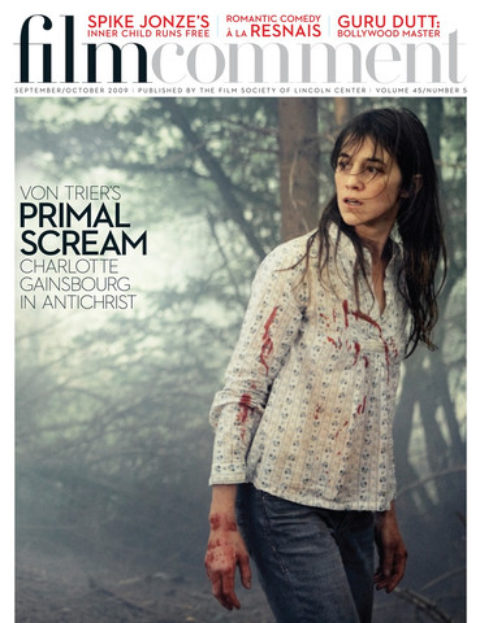Leeds United were English soccer’s reigning champions when, in the summer of 1974, the coach Don Revie left the club to take charge of England’s national team. His replacement was Brian Clough—“Cloughie,” “Old Big Head”—a brash, comparatively modern manager who had guided Derby County to the league championship in 1972. Despite his vision and enormous talent, Clough lasted just 44 days in the bear pit at Leeds, where dear departed Don was God with the fans and with the players, whom Clough had openly criticized for their aggression. His Leeds tenure was so hellish it inspired David Peace to write a novel about it, The Damned Utd—feverish, despairing, and bordering on tragic in its suggestion that Clough’s alcoholism began in situ. In the way it shows the Leeds players and board siding against Clough, the book echoes Nineteen Eighty, the third installment in Peace’s “Red Riding Quartet,” in which the Leeds police close ranks against a senior Manchester constable appointed to investigate their handling of the then-unsolved Yorkshire Ripper case.

The Damned United movie, written by Peter Morgan and directed by Tom Hooper (the two previously collaborated on Longford), has an authentic aroma of English football in the Seventies. Without exaggerating Clough’s famously elongated drawl, Michael Sheen nails his charismatic swagger; Colm Meaney is especially good as the mirthless Revie, the younger coach’s personal bête noire. The movie is fun, but “fun” is the problem—there’s nothing tormented about Clough’s trajectory, as there should be. The bilious, paranoid inner-monologue that makes the book more dramatic—and truer—than any biography could hope to be has been replaced by the pat love story of Clough and his assistant, Peter Taylor (Timothy Spall), which comes to grief when Clough hubristically hands in their resignations at Derby and is horrified to learn that Sam Longson (Jim Broadbent), the club’s old-school chairman, has accepted them.
While there was undoubted affection between Clough and Taylor, the filmmakers belabor the “marital” nature of the relationship—Clough as inspiring, infuriating, brilliant husband, Taylor as calm, cautious, long-suffering “wife.” They even have Clough giving Taylor a peck on the cheek during a celebration and begging forgiveness in the movie’s climactic scene. It makes one wonder if they missed a more complex reading, since Taylor, too, had sufficient strength to handle managerial positions, at Brighton and Derby. Needless to say, there is no place here for a closing title explaining that the Clough-Taylor relationship ended in acrimony. Instead, Hooper and Morgan follow Peace by ending on a title and soccer footage that announces that Clough and Taylor eventually outdid Revie by twice winning the European Cup after they’d reteamed at Nottingham Forest. The audience, pitched against Leeds and Revie, needs that triumphant final note, perhaps, but the message would have been far more effective if the Clough-Taylor relationship hadn’t been made so cozy.

The Damned United eliminates the existential anguish and pain that propelled Peace’s novel, and curtails its lowering style, which was evident in this snapshot of the Leeds players training: “Under another bloated grey Yorkshire sky, they are dirty and panting again, dirty and panting in their purple tracksuits with their names on their backs. There are still no smiles. There is still no laughter. Just the stains on their knees, the stains on their arses. I have given up on smiles here. I have given up on laughter now.” Presumably mindful of the fact that their movie was more likely to appeal to a non-art-house audience in Britain, Hooper and Taylor couldn’t give up on laughter, couldn’t resist sunlit sequences, as when Clough and Taylor take their families off to Majorca for a vacation—though the film is invariably more thrilling when the palette is dark.
Among the most rhythmic scenes in the book are those that depict Clough hurrying through the claustrophobic labyrinth beneath the Leeds ground, where he encounters whispering members of the training staff and ringing telephones that no one answers when he speaks. Given the tension and frantic energy the late Alan Clarke brought to scenes of his protagonists merely walking, one wonders what kind of propulsion he could have brought to Brian Clough—and what kind of viperous, claustrophobic nightmare he could have made of The Damned United.








